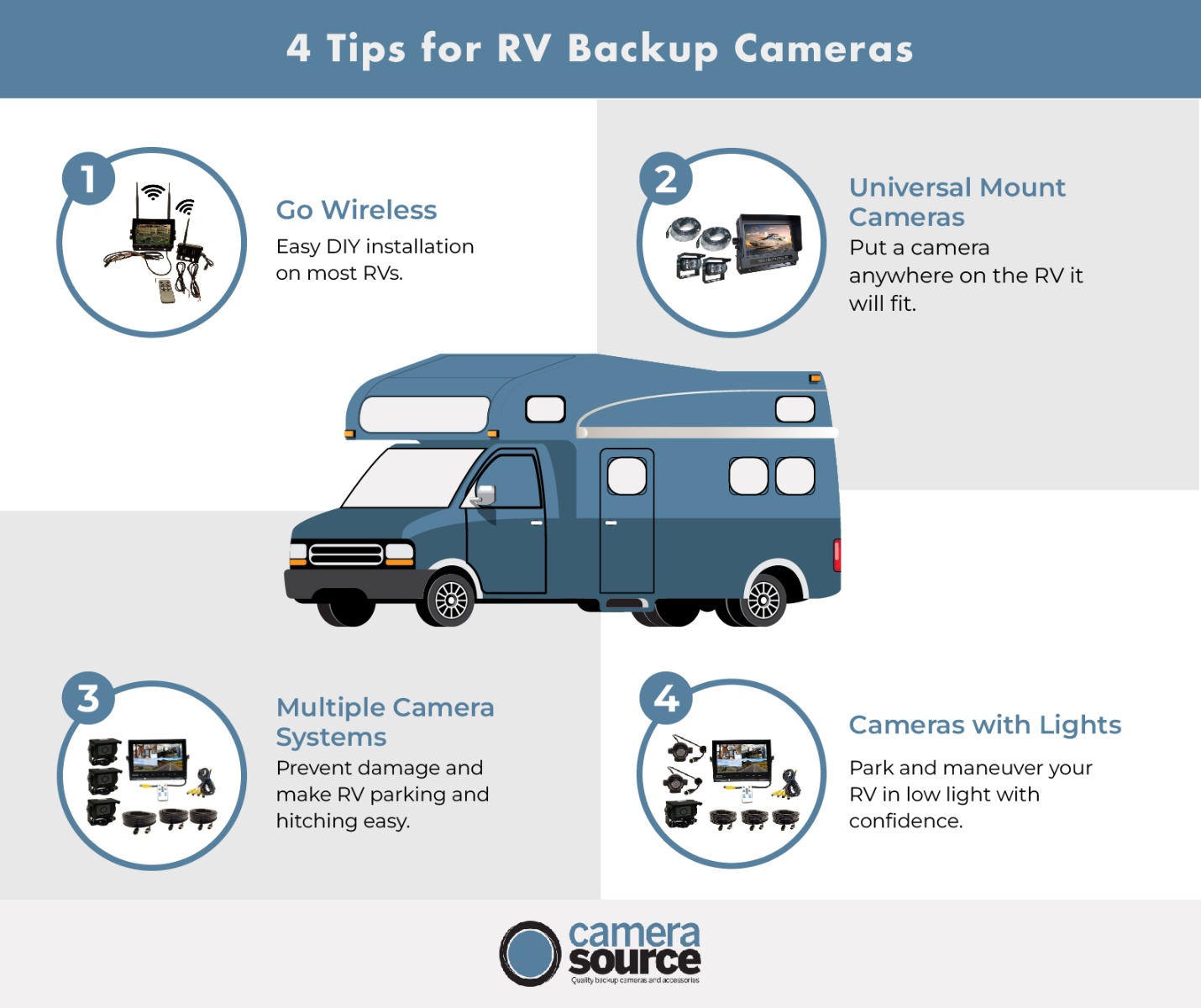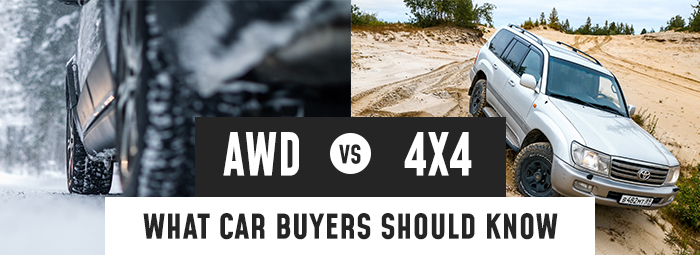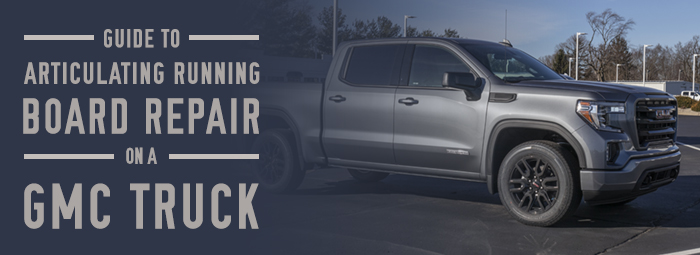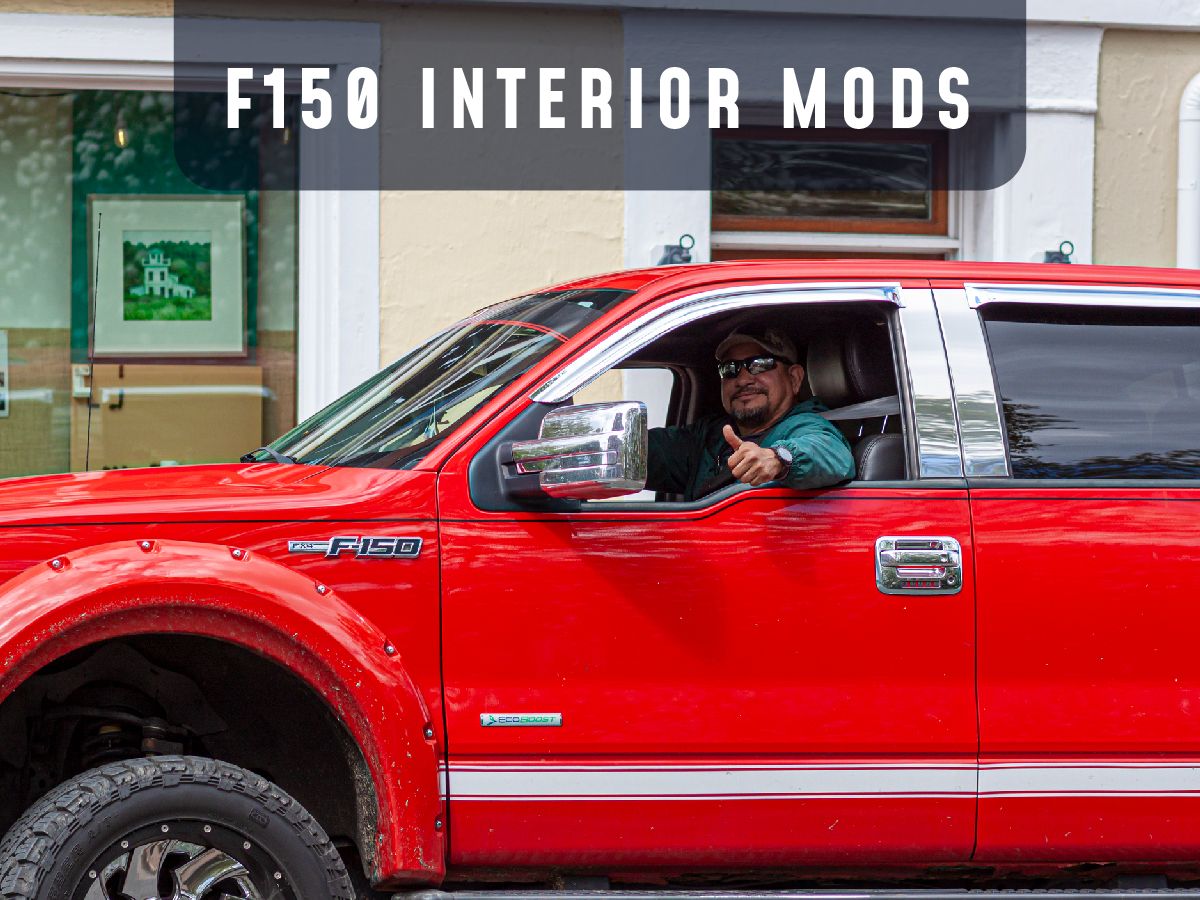Whether you’ve owned an RV before, or are in the market for a new one, knowing all the different types that are available and the various uses for them is useful. RV’s, or recreation vehicles, are vehicles that are sized specifically for outdoor activities and vacation. They can often serve as a home away from home, and offer numerous amenities, sizes, and more. Some are better for camping, some are better for road trips.
We’ll take you through the different types of RV, pros and cons, and additional features and accessories you can add to make things safer and more enjoyable. No matter what kind of RV you opt for, any truck, trailer, and RV can benefit from a backup camera.
Our affordable, high-quality RV cameras increase drivers’ range of vision, helping to prevent accidents, injuries, and damages, and help you feel at ease while parking, hitching, or maneuvering through tight parking lots and campgrounds. Learn more about how Camera Source can help you adapt to the unique challenges of driving and parking RV’s in this article as we define each type of RV.

1. Class A Diesel / Gas Motorhomes
Class A diesel motorhomes, which are also known as “diesel pushers” are the Rolls-Royce of RV and motorhomes. Whenever you’re looking at one of these models at a dealer, you can be reasonably confident that you’re looking at the top of the line. They have high end finishes, the ability to “cut” the wheels, and come with an insane amount of amenities.
Pros
- Luxurious! These motorhomes are fully functional houses on wheels
- Maneuverable. In spite of their giant size, the ability to “cut” or turn the wheels at sharp angles makes them more maneuverable than you might think.
- Efficient. Though they are giant, Class As use diesel engines, which are efficient and get great fuel economy at a cheaper price point. Gas engines will be a bit more expensive to own, but come with the benefit of easier starting and maintenance.
Cons
- Most Class A motorhomes are huge. This means that you’ll need a dedicated place to store them when they’re not in use or a very large driveway. Many homeowners have issues with neighbors who are irritated by the size of a Class A.
- Camping limitations can happen, depending on where you’re traveling. Class A motorhomes are fantastic for cross country travel in luxury, but many campgrounds do not support mobile homes of this size, so that’s another consideration.
- They are the most expensive of the RV options available to a consumer.
Large motorhomes like these need large safety precautions, and good backup cameras are the best way to do this. Camera Source has rear, side, and front cameras, as well as multiple RV camera kits that will help you ensure that no matter which direction you’re maneuvering your RV, you’ve got a view.
2. Class B Motorhomes
Class B motorhomes resembled oversized vans, and the reason for this is that many of them are. They are the smallest of the classes of motorhome, in spite of the fact that B comes before C. Usually these homes will be a modified version of a cargo or sprinter van with features and functions designed for camping. Most of them use gasoline (some are diesel powered) and are road ready upon purchase. A great option for folks with a lower budget or who do not plan to camp as much, and may want to use the vehicle for other purposes beyond camping and RVing.
Pros
- Affordably priced, most class B motorhomes are not expensive to purchase or maintain, especially secondhand
- Similar handling to regular cars and trucks, don’t require additional practice to drive
- Customizable and versatile, class Bs can be modified to different purposes and uses.
Cons
- Class Bs are the smallest motorhomes you can find beyond sleeping in a car, so for multi-person groups, they can be a bit less comfortable for large groups.
The thing that most Class B motorhomes and regular cars and trucks have in common is a need for a quality backup camera. At Camera Source, we have backup cameras that can replace OEM models on a motorhome, or stock kits that allow you to add a backup camera to a van that doesn’t have one.
3. Class C Motorhomes
Class C motorhomes are the type of motorhome that usually springs to mind when people talk about them. They’re usually a van or truck chassis with a camper built into it. They tow the line between Class A and Class B, providing a hybrid of both space and function. Whether you’re packing along an entire family or just a partner, class Cs have spacious floorplans and comfortable bedding options.
Pros
- Similar to driving a normal vehicle, ease of use.
- Lots of space and amenities to choose from.
- Easy to set up and tear down
Cons
- Not particularly fuel efficient
- Needs a large driveway or dedicated parking
4. Fifth Wheel Campers
In the world of trailers, the fifth wheel is the luxury option. Often, these trailers are very large, requiring a vehicle with high towing capacity to move. The “fifth wheel” refers to the hitch these trailers require, which mounts in the center of the trailer bed. Fifth wheel trailers are often spacious, full-featured, and come with optional hookups for electricity, propane, and more. Great for long camping trips.
Pros
- Easy to store and transport.
- Many features and amenities
- Cheaper to acquire than Class A,B, and C style homes.
Cons
- Driving with a trailer requires skill and practice, as controlling one when backing up is a challenge.
- Can be difficult to store in the case of large trailers.
5. Travel Trailers
Travel trailers are a category that includes fifth wheel trailers, but there are other options available as well. Many require less towing capacity and a smaller mounting hitch, but they share many of the same features, and travel trailers are often slightly smaller. They can also be referred to as caravans, campers, tourers or camper trailers, but most of this type have a ball hitch and are a bit easier to maneuver than a 5th wheel.
Pros
- Cheap, easy to find.
- Come in a wide variety of size options, from minimal to deluxe.
- Can be stored in a variety of spaces.
Cons
- Require some skill to maneuver and drive.
- Can really hit your gas mileage.
Backing up a trailer and keeping an eye on it is a full-time responsibility when driving. Backup cameras for a trailer to keep an eye on the hitch and how it’s moving and what it can possibly run into is essential for safe driving. On top of that, adding side view cameras to help assist when merging and driving can dramatically improve the safety of a drive from campsite to campsite.
6. Toy Haulers
A toy hauler is a type of RV featuring a garage or loading bay in the rear. They often have a drop down ramp or a hydraulic lift to get things like ATVs, Motorcycles, and Bikes into the trailer easily. In other aspects, they are similar to motorhomes and trailers. Some Class A and Class C vehicles will come with a built-in toy hauler.
7. Teardrop Campers & Tiny Trailers
Teardrop campers and tiny trailers are the budget options of the trailer world. Many teardrop campers are small and tear shaped, containing only a sleeping area and some storage. Many do not have kitchens or bathrooms, but they make up for this by being light and easily maneuverable.
Popup campers are another type of tiny trailer, and they can be a decent hybrid between a teardrop and a larger camper. They usually come with a hand crank that you use to open the trailer up, and they often come with septic lines, toilets, and sparse kitchens.
Pros
- Small, maneuverable, cheap.
- Easy to park, and often don’t require dedicated parking or storage.
Cons
- Not many features, often flimsier than other types of trailers
- Can be hard work to set up
8. Truck Campers
Truck campers are a specific type of trailer which can be mounted on the bed of a pickup truck. They come in different sizes, with different levels of comfort, though most of the common types will run pretty light due to weight restrictions. Often, the bed is located over top of the cab of the truck, and many of them have four posts which can ground the trailer when stopped for camping.
Pros
- Small, affordable, and easy to attach to a vehicle.
- Often are highly customizable to different needs
- Can be removed and reattached with minimal effort.
Cons
- Some trucks are not equipped to carry the load of a camper.
- Usually smaller, with less room and amenities.
Get the Right Camera for Your RV
At Camera Source, we’re here to help ensure that you have the right backup camera for the type of vehicle you have. We sell universal and wireless kits that can do just about any job you might have, and we also have pros and cons lists, and advice for choosing the right RV camera and how to install it on your RV. Start browsing our cameras and planning your next adventure, or get in touch with us today!








